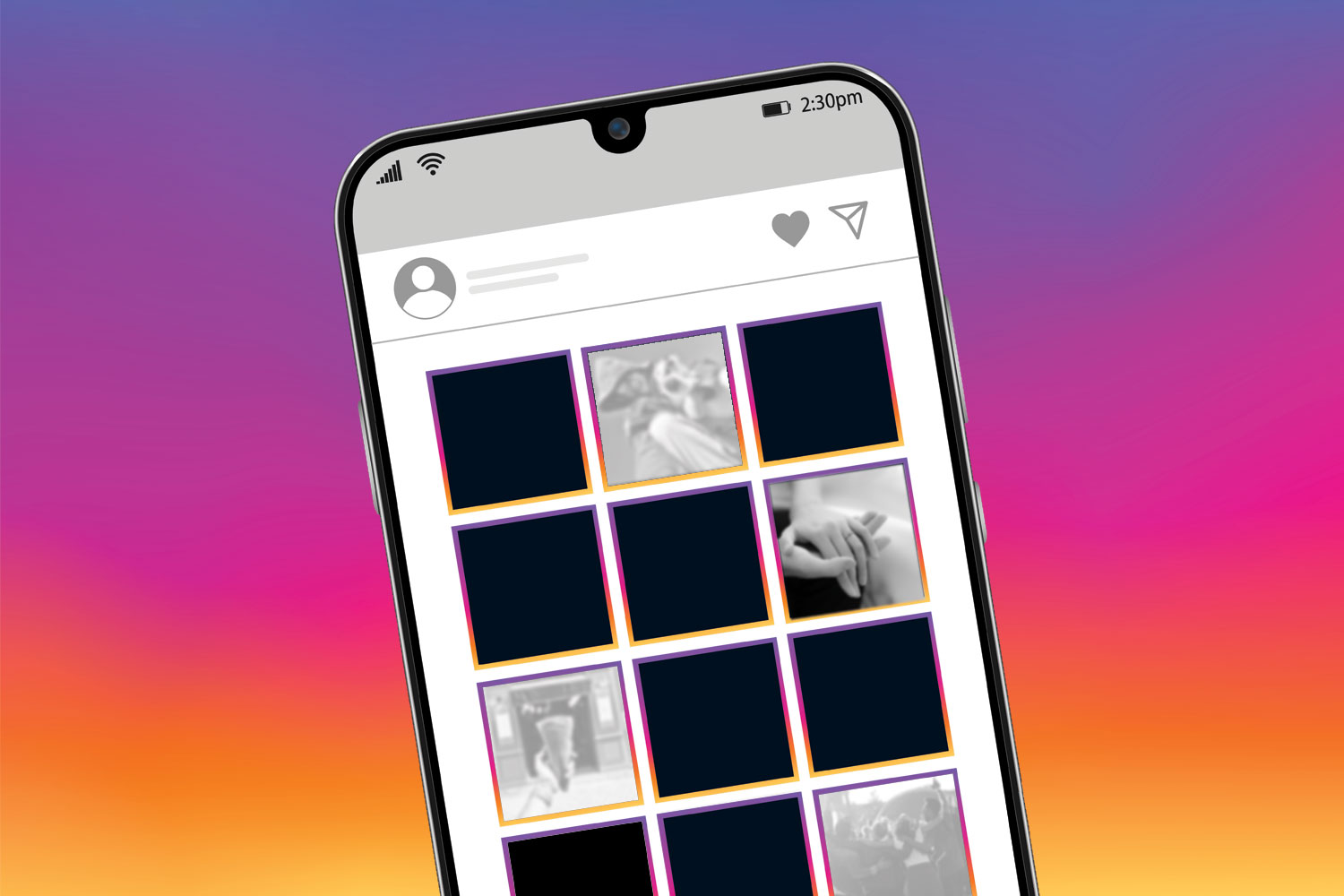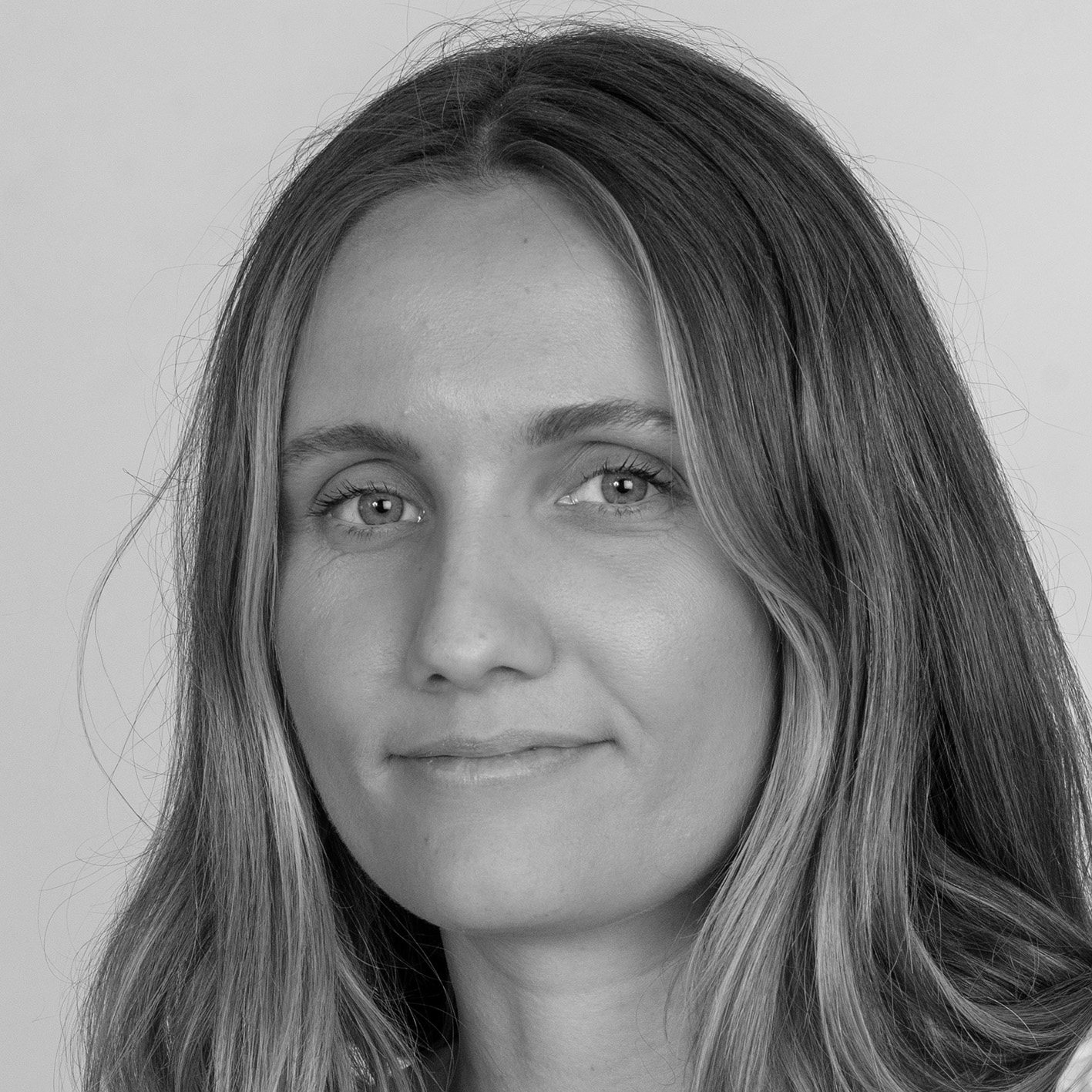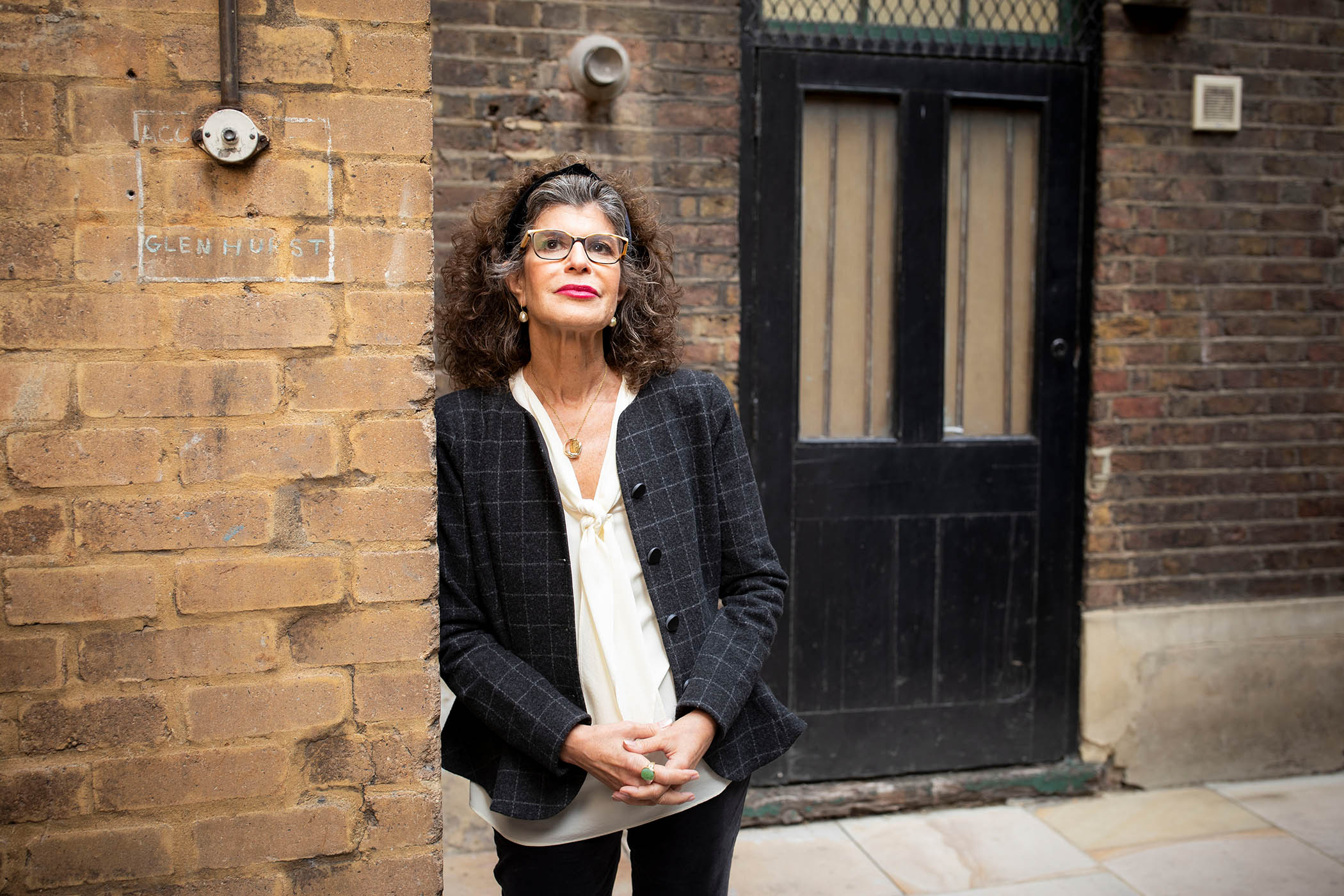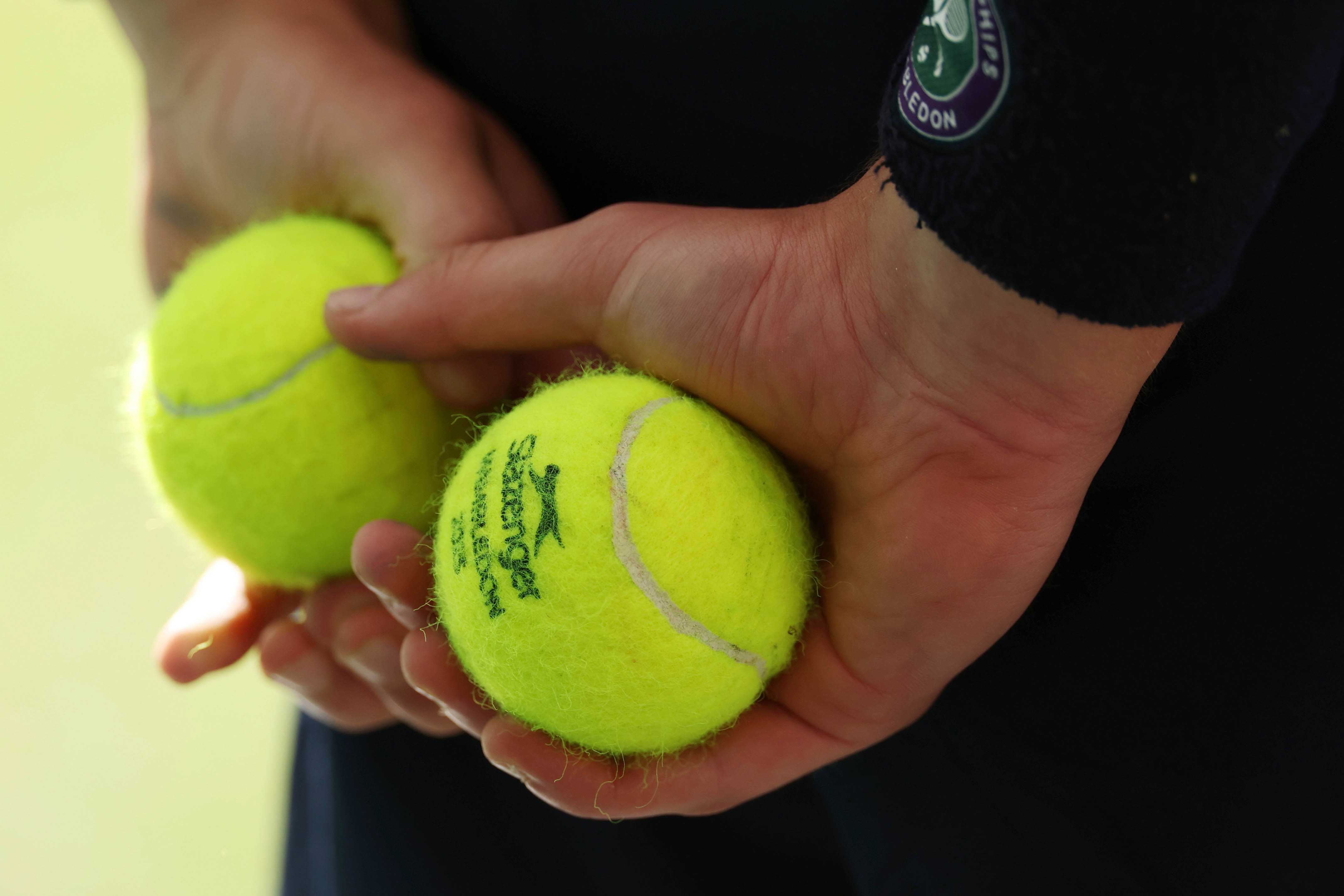In January 2024, a few weeks into life without Instagram, I walked around with the low-level panic of having misplaced something important. At first, I thought the thing I had lost was my friends, and the more I tried to work out where they were, and how they had come to evaporate into thin air, the less convinced I was that they were real at all. I wrote their names down and kept in touch as if to hold them in place, but they used to just be there all the time and now I couldn’t see them. Then there were all the people I felt I knew but who did not know me: the softly smiling Brooklyn chefs and radiantly pregnant interior designers I thought in another life would have been friends of mine. They really were completely gone because I couldn’t even keep in touch with them. It was bigger than that, though. The restaurants I loved and clothing brands I shopped at – and, seemingly, the entire world with them – seemed to have been sucked into a black hole.
I knew I was going to leave Instagram not long after I knew I was going to get divorced. I did not want to announce the amicable end of my marriage or throw an ironic divorce party where I stood with a frilly pink cake. Nor did I want to wipe the life I had documented there and pretend it hadn’t happened. As if to give me a nudge out of the door, in the time between changing my surname on Instagram and my marriage falling apart, someone else had claimed my old Instagram handle – the one with my maiden name. I could not go back, it seemed. I started weaning myself off by deleting the app, only logging in on my browser every few days, then every few weeks. On the last day of the year, I pulled up the Notes app on my phone to make a list of my friends and deactivated my account.
I did not find it difficult to stay away from the online world, but in the weeks that followed, I struggled with existing in the real one. It is hard to know how lonely I would have felt during this period, even with Instagram. After my break-up, I slipped out of friendship circles and groups of couples, and the ones I did hold on to were altered slightly but perceptibly. Some longstanding friends really did vanish, and I slowly made peace with the fact that many of them simply didn’t know what to say. But even as my life eventually went back to normal, the feeling of having misplaced the entire world lingered.
Social media’s promise to make us more connected, even as we feel lonelier than ever, has given rise to a wave of literature about slowing down and doing nothing. But doing nothing felt bad, and not in the way that withdrawal from sugar or a cigarette tobacco needs time for the body to acclimatise, but in a more profoundly alienating way. Offline I felt that same sense of missing out on the party; I just couldn’t see it happening.
In Nicholas Carr’s recent book, Superbloom: How Technologies of Connection Tear Us Apart, he writes of the way social media separates our beings from our bodies, keeping us apart from the real world and trapped in the virtual one. “Once you adapt yourself to virtual society, I don’t think it goes away when you’re out at a restaurant with people. I think both things now exist all the time,” he tells me. “Even if we’re not actively looking at our phone, some of our mind is always in that other virtual world.”
It wasn’t just leaving the virtual world that was difficult – even after those first few weeks of withdrawal, I had the persistent feeling that I had misplaced myself, too, as though I’d left the full-colour version of myself online. This, Carr says, makes sense: the more we treat ourselves as content to be curated, the more we start to see ourselves as abstractions. “You know people are looking at your composition of yourself all the time, even when you’re not there, because all of those symbols are a stand-in for you,” he says. “It leads to anxiety, but also to a kind of flattening of the self.”
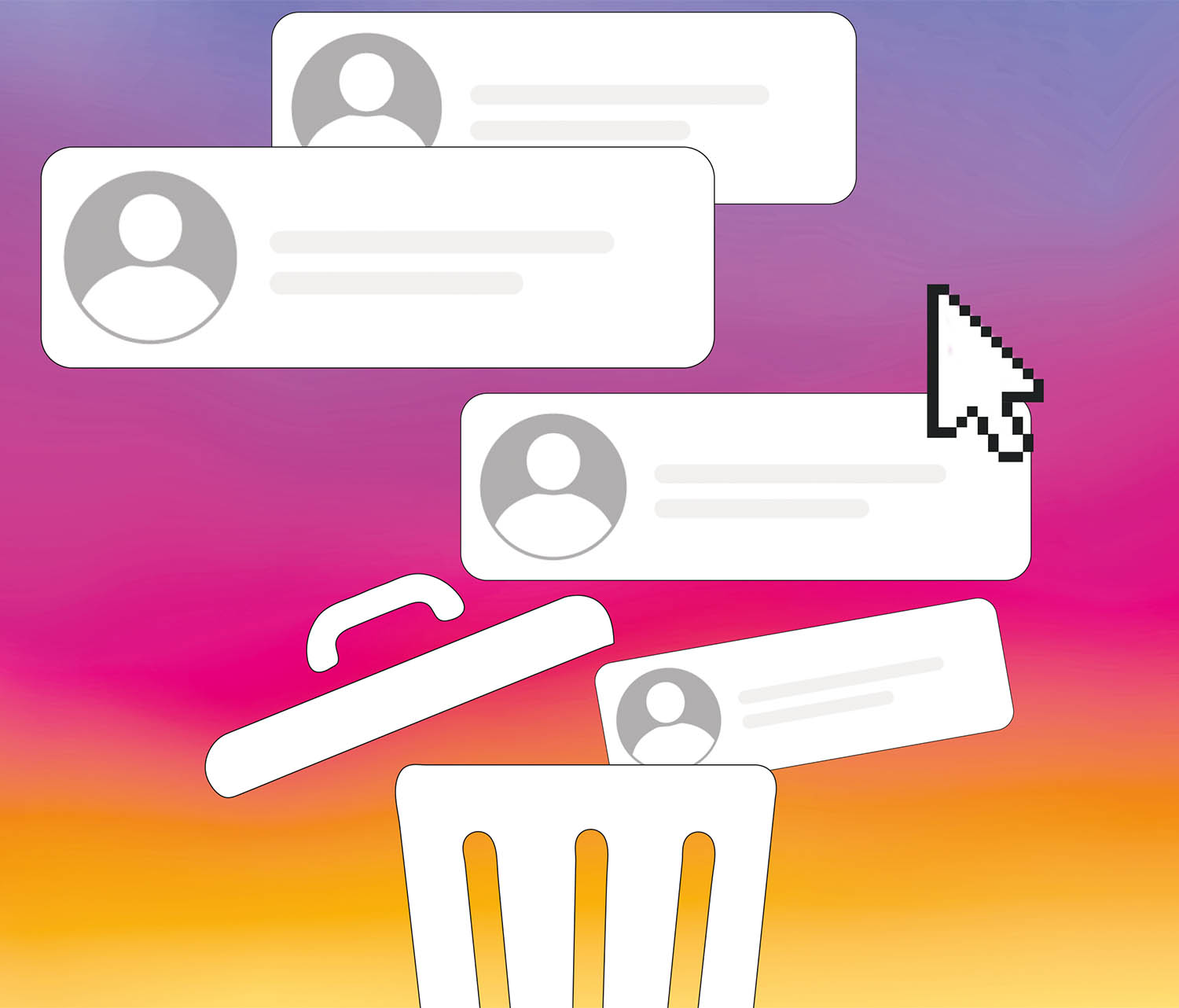
Without even knowing I was doing it, I had ironed myself into two dimensions. This compression began years ago, with the teenage Facebook account where I would publish every thought I had and every photograph I took. That unfiltered way of being online, which now seems as nostalgic as it is mortifying, eventually gave way to Instagram. There, my profile gradually became a tight edit of city breaks, job announcements and relationship milestones. In time I posted less and lurked more, voyeuristically keeping up with strangers in the same way I followed my real friends. I thought the next thing I shared there would be a baby name, occasionally test-driving arrangements of first and middle names in my head, reaching for something that would sound unique, just like everyone else’s.
Those milestone posts were a way of bookmarking the best bits of each year, but after a while, those images were the only memories I had of those dinners and hotel rooms and parties, my brain storing them as still Instagram posts rather than all the mess of life that happened around the frame. Scrolling through those pictures reflected back at me my life as I had wanted it to look. Even when I had stopped posting, part of me still existed in that smooth world.
At first I did not tell anyone I was leaving Instagram because I didn’t believe it would last. When I did tell people – and I did have to tell them, because not a single person noticed – the reactions always had the same tenor of defensiveness. People would tell me they had just deleted the app themselves because they were sick of looking up from their phone to realise their evening had been swallowed. They would explain they needed it for work, or to see family that live far away, otherwise they would be out of there too. They would always ask about the logistics of leaving but never what it was like on the other side. When I told a friend how isolated I felt, she looked horrified, as though the only thing worse than being there was knowing there was no way out.
So much of the conversation around quitting social media focuses on getting off it. This makes sense because the science shows it is hard to quit. Dr Anna Lembke is a psychiatrist who specialises in addiction, and the author of Dopamine Nation: Finding Balance in the Age of Indulgence. In her work with patients, she has seen how the “digital drugs” of social media are similar to alcohol and substance addictions. What she sees clinically in people quitting social media are not just the emotional effects of withdrawing from an addictive substance (anxiety, irritability, insomnia, depression and cravings), but physical symptoms such as nausea, headaches, breaking out in cold sweats and autonomic instability.
Newsletters
Choose the newsletters you want to receive
View more
For information about how The Observer protects your data, read our Privacy Policy
The more we treat ourselves as content to be curated, the more we see ourselves as abstractions
The more we treat ourselves as content to be curated, the more we see ourselves as abstractions
Lembke explains the way social media exposes us to constant hits of dopamine by saying: “We develop tolerance to rewarding things, such that we need more rewards in more potent forms to experience any kind of pleasure at all. It can be very insidious because it can feel like: ‘Oh, I don’t enjoy this activity any more or, I don’t like my job.’ In fact, our reward pathway has been hijacked by this incredibly potent drug such that nothing really can compare any more.” Chasing that high, we become used to seeing ourselves as a stranger might see us, and analysing our experiences at a remove; weighing up their potential to impress. Even now, 18 months after leaving Instagram, there is a part of me that can see a photo of myself with the article you are now reading.
Lembke believes that the “endemic narcissism” of modern society, where we all focus on ourselves all of the time, is making us “lonely and desperate to escape ourselves”. But for so many people I know, cutting themselves off felt like being left alone with their thoughts after the safety of white noise, and so they dived straight back into the virtual world to take shelter from the silence.
For me, there were too many reminders of a life I felt I had failed at to want to go back. What was strange, then, was realising with time that I wasn’t lonely because I missed the connection of Instagram, but that real life was greyer when everyone else still existed online. Lembke believes this collective problem awaits us even after we individually break free. “If you decide to get off social media and nobody else is in the real world, you truly are missing out on some level,” she says. “You are not just lonely, but also actually alone.”
Cal Newport, who has written extensively about the rise of digital distractions and the effect of technology on how we live, sees a lot of focus on breaking free from social media, and not enough on what comes next. “The platforms are filling a deep human need [and] if you remove the platforms and change nothing else, the needs are left unfulfilled,” he tells me. “Commentators think that if you just stop distracting yourself so much, you can spend time on this thriving life, but that’s not it. We have to rebuild from scratch.”
Rebuilding from scratch has been awkward and strange, but not without joy. I don’t miss replying “hahaha” to every meme sent to me because “haha” would make people feel bad that it wasn’t funny enough, even though it wasn’t that funny. I really don’t miss this being the way I kept in touch with so many people, giving the illusion of connection without any real effort behind it. When I started being a better friend, I realised how often I’d been a bad one. Putting my friends in list form felt brutal but, as with living in the physical world with all its friction and hard edges, at least it was real.
Even the loneliness, after a while, started to feel closer to something else: solitude. Newport believes that we have lost our familiarity with solitude, explaining that time alone is crucial to give our brains a break from processing information, as well as the space to make sense of ourselves and what we’ve encountered in the world. “It’s painful, but it’s how you develop,” he tells me. “But maybe the biggest problem of all is once we lose that experience with our own thoughts, it’s scary when we try to go back to it. It’s boring and uncomfortable.”
I have found leaving social media to be much more about accepting boredom and discomfort than receiving inner peace as a reward for abstinence. Still, I’m comforted by Lembke, who tells me that recovering alcoholics often have to relearn who they are when they are sober. They realise now that they don’t actually enjoy loud parties, as they once thought they did when they needed a place to go to drink. Making sense of yourself takes time. As I’m starting to learn, the real you is not the one that exists online.
